The French civil solidarity pact, commonly known as PACS (Pacte Civil de Solidarité), represents a unique legal framework that has significantly influenced the social and legal landscape of France since its introduction in 1999. Designed as an alternative to marriage, the PACS offers couples—both heterosexual and homosexual—a formalized way to organize their shared life without the religious or traditional connotations often associated with matrimony. Over the years, this institution has evolved, reflecting broader societal changes and the growing demand for flexible yet legally recognized partnerships.
The origins of the PACS can be traced back to the late 1990s, a period marked by intense debates over the recognition of same-sex relationships in France. At the time, marriage was not an option for LGBTQ+ couples, and the absence of legal protections created practical challenges in areas such as inheritance, taxation, and healthcare. The PACS emerged as a compromise, providing a secular and accessible contract that granted many of the benefits of marriage while remaining distinct in its simplicity and adaptability. Its creation was a watershed moment, positioning France as a pioneer in redefining partnership laws in Europe.
One of the defining features of the PACS is its contractual nature. Unlike marriage, which is governed by a comprehensive set of rules, the PACS allows couples to tailor certain aspects of their agreement to their specific needs. For instance, partners can outline arrangements for property ownership, financial responsibilities, and even the terms of dissolution. This flexibility has made it particularly appealing to younger generations and those who prioritize autonomy over tradition. However, the PACS is not without its limitations; it does not grant parental rights or the same level of international recognition as marriage, which has led some couples to eventually transition from a PACS to full matrimony.
The impact of the PACS on French society cannot be overstated. By 2020, over 200,000 PACS agreements were being signed annually, surpassing the number of marriages in the country. This shift underscores a broader trend toward secularization and the declining influence of religious institutions in personal life. Moreover, the PACS has played a crucial role in normalizing diverse family structures, paving the way for the eventual legalization of same-sex marriage in France in 2013. Critics argue, however, that the PACS has inadvertently created a two-tier system, where some couples enjoy the symbolic and legal weight of marriage while others remain in a less recognized category.
From a legal standpoint, the PACS has undergone numerous reforms to address gaps and inequalities. Early versions of the contract lacked provisions for alimony or survivor benefits, leaving economically vulnerable partners at risk. Subsequent amendments have strengthened these protections, aligning the PACS more closely with marriage in terms of financial and social security. Yet, disparities remain, particularly for international couples, where the recognition of a PACS varies widely depending on the country. This inconsistency has fueled ongoing discussions about whether the PACS should be further reformed or if marriage should remain the ultimate goal for couples seeking full legal recognition.
Culturally, the PACS has been both celebrated and contested. For many, it symbolizes progress—a break from rigid norms and an embrace of modern relationships. For others, it represents a dilution of traditional values, with some conservative groups viewing it as a stepping stone to the erosion of marriage. Despite these polarized perspectives, the PACS has undeniably become embedded in the fabric of French life. Its popularity reflects a growing preference for partnerships based on equality and mutual agreement rather than historical or religious dictates.
Looking ahead, the future of the PACS remains a topic of lively debate. As societal attitudes continue to evolve, some advocate for merging the PACS and marriage into a single, unified legal status, while others argue for preserving the distinct identity of each. What is clear is that the PACS has already left an indelible mark on France’s legal and social history. By offering a middle ground between informal cohabitation and formal marriage, it has redefined what it means to be a couple in the 21st century, balancing individual freedom with collective responsibility in a way that resonates deeply with contemporary values.
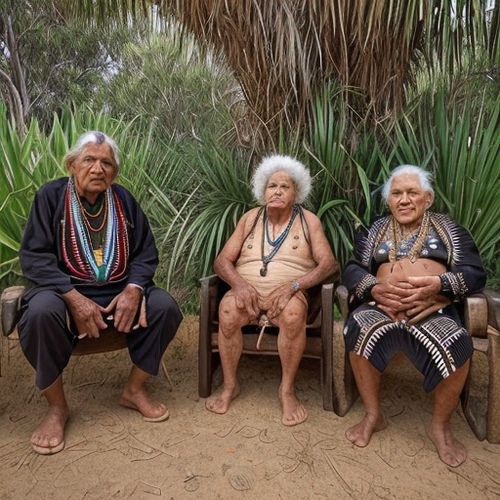
By Sophia Lewis/Apr 19, 2025
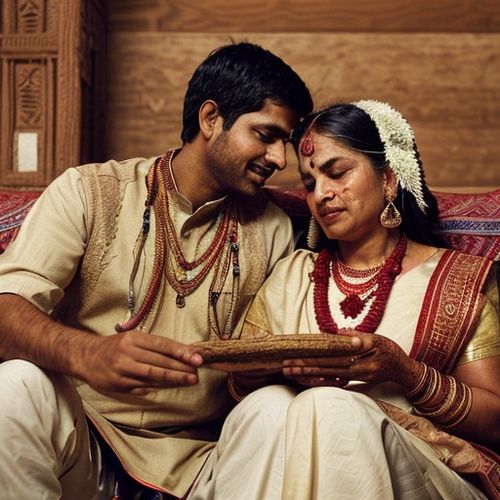
By Joshua Howard/Apr 19, 2025

By Laura Wilson/Apr 19, 2025

By James Moore/Apr 19, 2025

By Eric Ward/Apr 19, 2025

By Ryan Martin/Apr 19, 2025

By Elizabeth Taylor/Apr 19, 2025
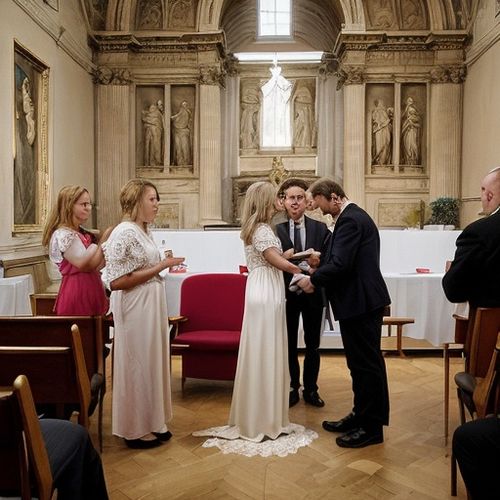
By Samuel Cooper/Apr 19, 2025

By Benjamin Evans/Apr 19, 2025
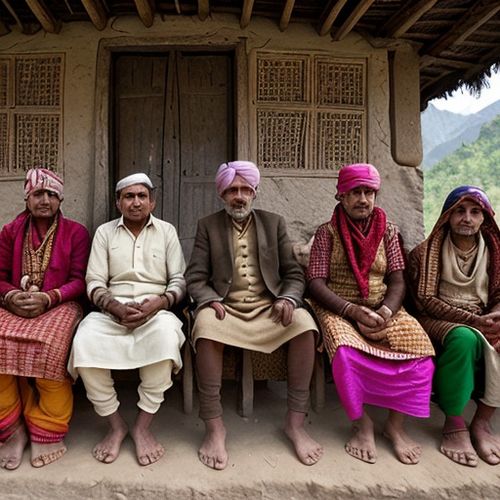
By Christopher Harris/Apr 19, 2025

By Olivia Reed/Apr 19, 2025

By Megan Clark/Apr 19, 2025

By Michael Brown/Apr 19, 2025

By William Miller/Apr 19, 2025
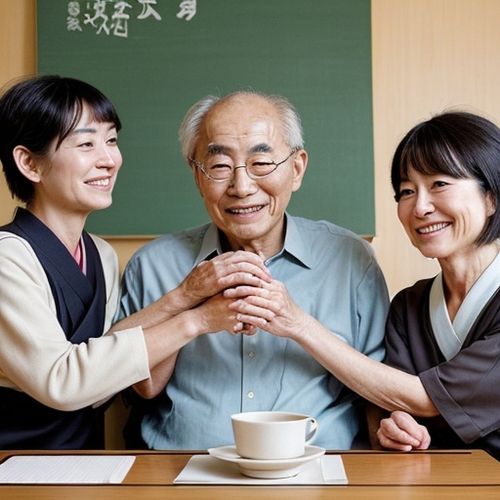
By Sarah Davis/Apr 19, 2025

By Joshua Howard/Apr 19, 2025
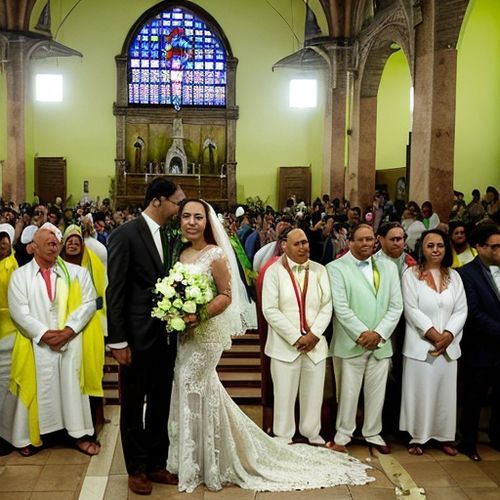
By Ryan Martin/Apr 19, 2025

By Eric Ward/Apr 19, 2025

By Jessica Lee/Apr 19, 2025
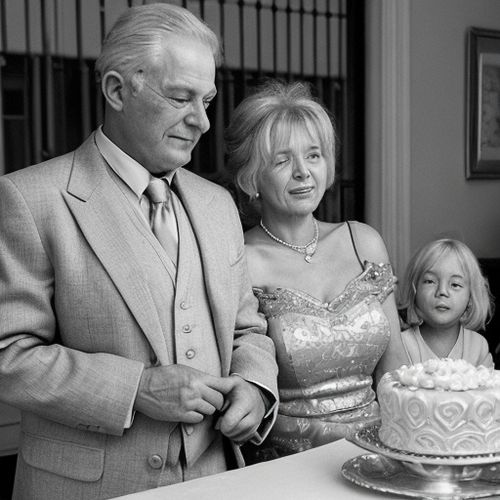
By David Anderson/Apr 19, 2025